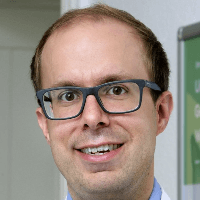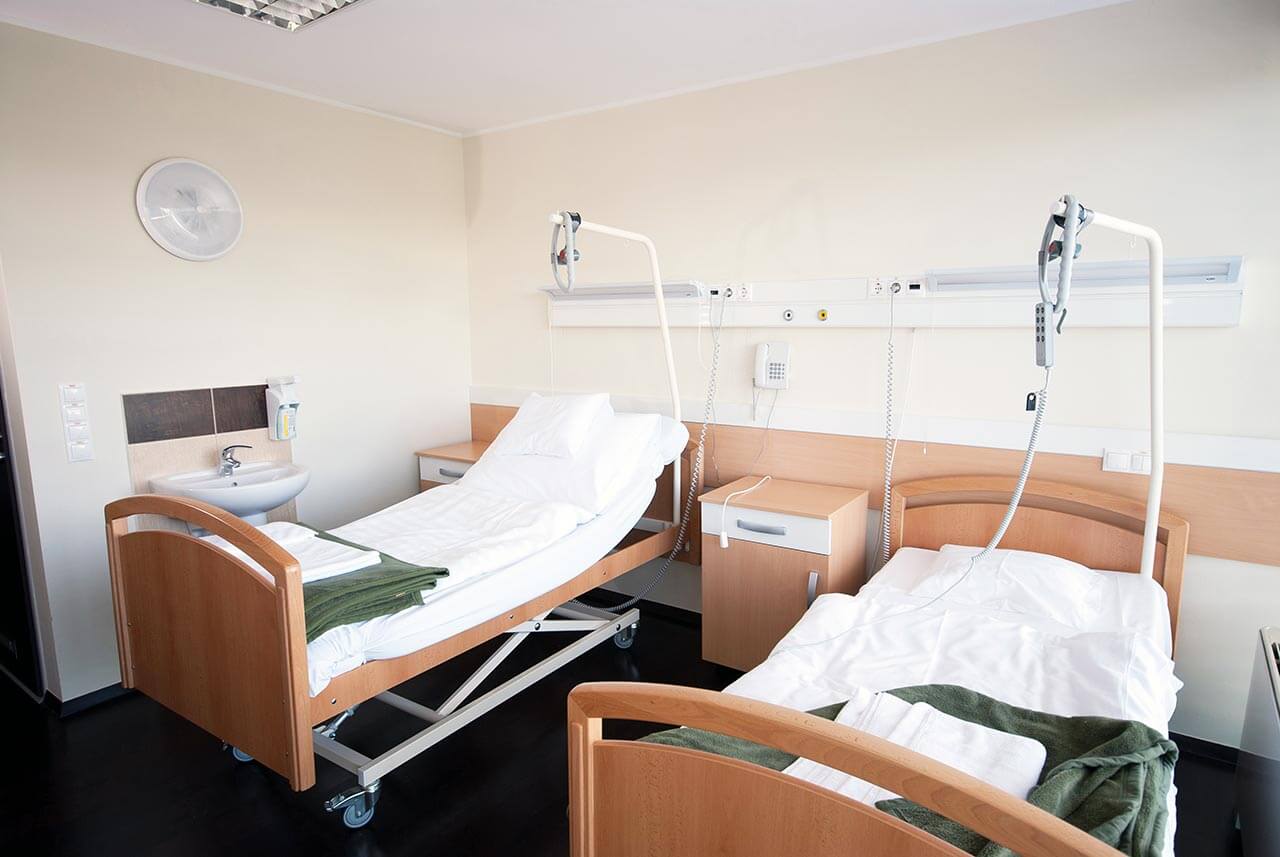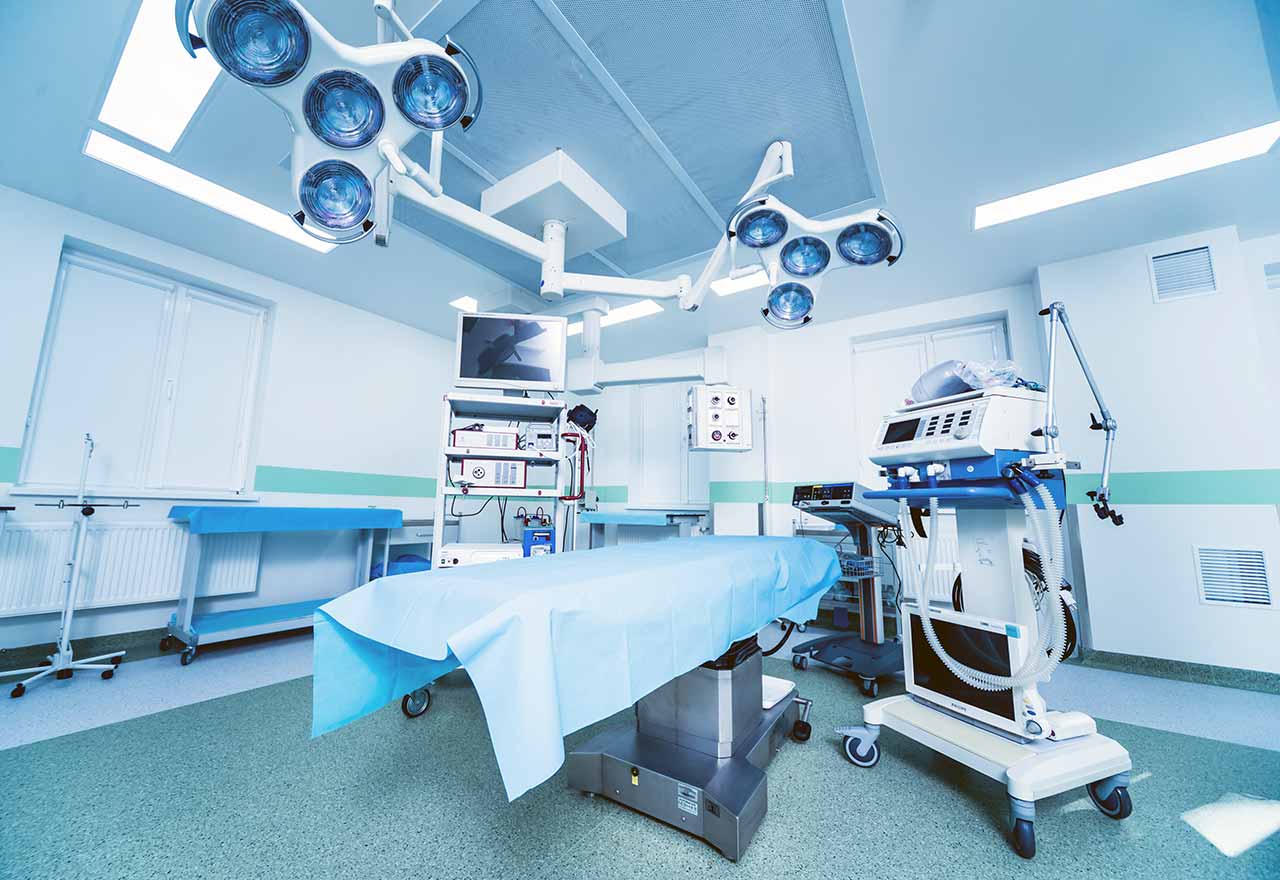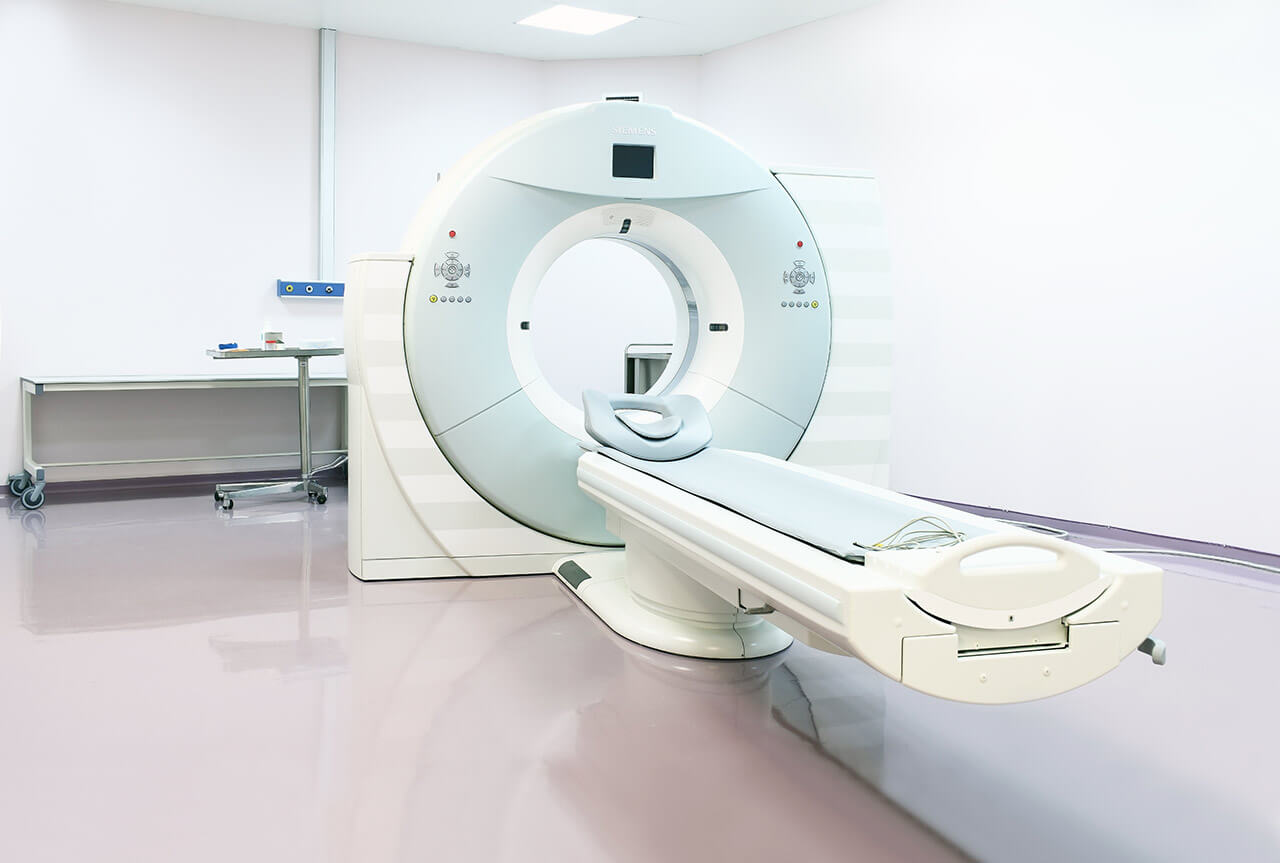
About the Department of Ophthalmology at HELIOS University Hospital Wuppertal
The Department of Ophthalmology at the HELIOS University Hospital Wuppertal offers the full range of medical services for the diagnostics and treatment of diseases of the eye and its appendages. The department also carries out preventive visual acuity testing, the purpose of which is to prevent the development of visual loss or to detect it at the early stage, for example, in patients with diabetes mellitus. The department's specialists carry out both conservative treatment with the use of medications and surgical treatment using modern laser systems. Long clinical experience and the availability of state-of-the-art equipment in the medical facility allow the doctors to effectively restore vision even in the most complex clinical cases. The department's specialists focus on patients with cataracts, glaucoma, as well as on vitreous and retinal diseases. Prior to the treatment, the ophthalmologist holds a comprehensive consultation, during which he talks in detail about the features of the upcoming treatment, possible risks and the final result. In most cases, diagnostics and treatment are carried out on an outpatient basis – hospitalization and constant medical supervision are required only in complex clinical cases. The Head Physician of the department is Prof. Dr. med. André Rosentreter.
At the initial appointment, the ophthalmologist studies the patient's medical history and prescribes the necessary set of diagnostic procedures to assess the condition of the eye apparatus. The diagnostic protocol may include such examinations as measuring intraocular pressure, pachymetry, coherence tomography, refractometry, biomicroscopy, visual field testing, ultrasound scans, and other procedures. The high-quality diagnostics is the key to effective treatment, and therefore the department's diagnostic rooms have state-of-the-art equipment, which makes it possible to detect pathology and its causes as accurately as possible, as well as to assess the state of the eye apparatus.
Cataract is one of the most common ophthalmic diseases that the department's doctors regularly deal with in their clinical practice. Cataract is characterized by partial or total clouding of the lens located between the iris and the vitreous body. The lens acts as an anatomical ocular, and its main task is to refract light rays with their subsequent projection onto the retina. The clouding of the lens disrupts the refraction of the rays, which in turn causes decreased visual acuity or its total loss. To treat cataract, the department's specialists practice both conservative and surgical treatment methods with the use of laser equipment. The first-line treatment is drug therapy, which includes the use of eye drops to improve metabolic processes in the tissues of the eye and the lens. Nevertheless, the department's doctors warn patients that eye drops only stop the progression of cataract, but laser intervention is still required to completely eliminate the pathology. During the manipulation, the clouded lens is replaced by an intraocular lens. The operation is performed under local anesthesia and lasts no more than 30 minutes. As a rule, patients tolerate the surgical procedure well. Within a month after the operation, the patient must follow certain restrictions, after which vision is restored completely.
Patients with glaucoma also regularly visit the department. This pathology increases intraocular pressure, which leads to the destruction of retinal cells and optic nerve atrophy. WIth detected glaucoma, the department's specialists strongly recommend not to hesitate with treatment, since the pathological process can cause irreversible changes and total vision loss. When the disease is detected at the early stage, the department's doctors usually prescribe medication, which includes the use of the very latest antiglaucoma drugs. The medicines help reduce the production of intraocular fluid and improve its outflow, which in turn ensures intraocular pressure normalization. At the advanced stages, when pharmacotherapy does not allow achieving the desired results, ophthalmologists prefer modern laser interventions. In complex cases, the full-fledged surgery may be required.
The department's specialists pay due attention to the surgical treatment of neoplasms of the eye and its appendages, which include lacrimal and eyelid tumors, intraocular tumors (melanomas), hemangiomas, lymphangiomas, lymphomas, optical gliomas, rhabdomyosarcomas, etc. Most eye tumors are benign, but require immediate surgical treatment followed by histological examination for malignancy. The first place among the most common malignant eye tumors is occupied by uveal melanoma. This disease requires accurate diagnostics with CT, MRI, X-ray and needle biopsy. The treatment begins with surgical enucleation and is complemented by external beam radiation therapy, brachytherapy, and transpupillary thermotherapy. Whenever required, doctors perform total eyeball removal with follow-up replacement with a cosmetic implant, which practically does not differ from the patient's own eye. Palliative therapy is indicated at the advanced stages of the oncological process. It is aimed at suppressing tumor growth and improving the quality of life for the cancer patient. After the completion of the main treatment course, the patient must regularly undergo follow-up examinations. In case of positive dynamics, diagnostic tests are carried out once a year in order to prevent a possible recurrence.
The department's range of medical services includes:
- Diagnostics and treatment of cataracts
- Diagnostics and treatment of glaucoma
- Diagnostics and treatment of retinal detachment
- Diagnostics and treatment of age-related macular degeneration
- Diagnostics and treatment of diabetic retinopathy
- Diagnostics and treatment of eyelid diseases
- Diagnostics and treatment of nasolacrimal duct diseases
- Diagnostics and treatment of eye infections
- Diagnostics and treatment of strabismus and amblyopia
- Diagnostics and treatment of neuro-ophthalmic diseases
- Diagnostics and treatment of eye tumors
- Diagnostics and treatment of other ophthalmic diseases
Curriculum vitae
Since July 2018, Prof. Dr. med. André Rosentreter has been the Head of the Department of Ophthalmology at the HELIOS University Hospital Wuppertal. Prior to that, the doctor worked in the same hospital as the Senior Physician. Prof. Rosentreter worked for 8 years in the Department of Ophthalmology at the University Hospital Cologne, where he had his board certification in Ophthalmology. At the beginning of 2014, he had his habilitation procedure on the following subject: "Innovative concepts in the surgical treatment of glaucoma". The specialist received his medical education at the Faculty of Medicine of the University of Cologne.
Dr. André Rosentreter has vast experience in surgical and conservative vision correction, and has been successfully engaged in research activities for many years. Conservative and surgical treatment of glaucoma is of particular clinical interest for the professor.
Photo of the doctor: (c) Helios Universitätsklinikum Wuppertal




